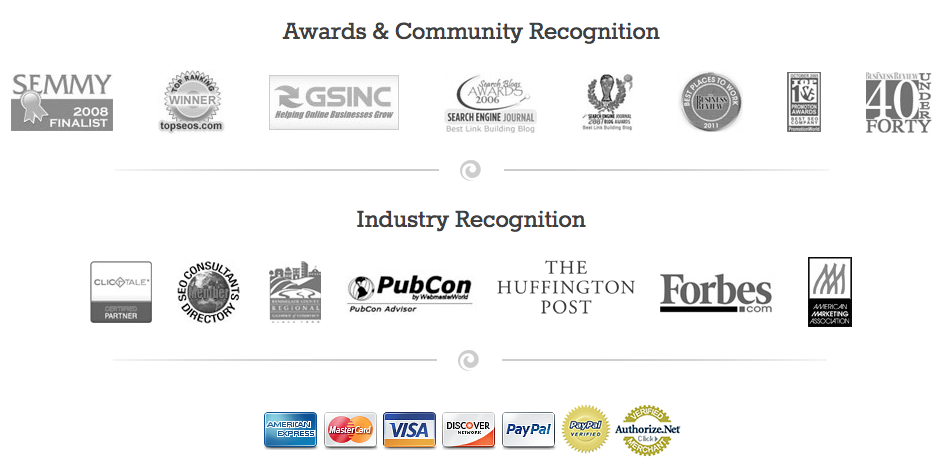In previous topics, we’ve defined search engine bots as these tiny and awesome secretaries of artificial intelligence, complete with beehive hairdos and pointy-edged glasses. These tiny secretary robots scour the web following the massive flotsam and jetsam of collected content in huge vats of data. From their tireless and spookily exacting meticulousness, they file and store the information until it’s “called up” by a person who has just typed something like “woolen sock knitting guide” into a search field on a search engine somewhere in a house across the planet. In less than two shakes of a lamb’s tail, the information is provided to the user, and woolen sock knitting ensues.
Of course, there are many common mistakes that website owners make, that confuse the process.
Link structures on a site that aren’t made well can stop a search engine from being able to reach the full content of a site. Another glitch is programming that accidentally fools a search engine into thinking that indexing the content is superfluous.
It is not uncommon for the mini secretary robots to be given unclear or garbled directives, so that they are left wandering around the Internet aimless, not busily filing information like they should be doing.
Login forms can act as shields to search engines, making it difficult to peek beyond the barrier and continue gathering data. Left unchecked, information on your site is left undetected indefinitely.
Content that is written in obscure terms can remain off of a search engine’s radar. For instance, a site describing a “motorized drawing tool electric grinding apparatus” is not going to found by someone looking for a pencil sharpener.
Failing to direct content toward relevant audiences is another way to send a search engine off target, such as focusing on content in French when most of your visiting audience is in Buenos Aires.
Confusing content where indications and social clues are mixed up can send the very logical-minded search engine anywhere but where you want it to go. For example, a post on your blog might read “Italy’s Best Pasta” but it’s actually about a chain restaurant in Missouri that serves Italian food.
If search engines worked beautifully all the time, the Internet might just be perfect, but we at Bulletproof Digital happen to find the above glitches all the time, and if you work with us, we can help you eliminate these unsightly conundrums from your online marketing presence.

